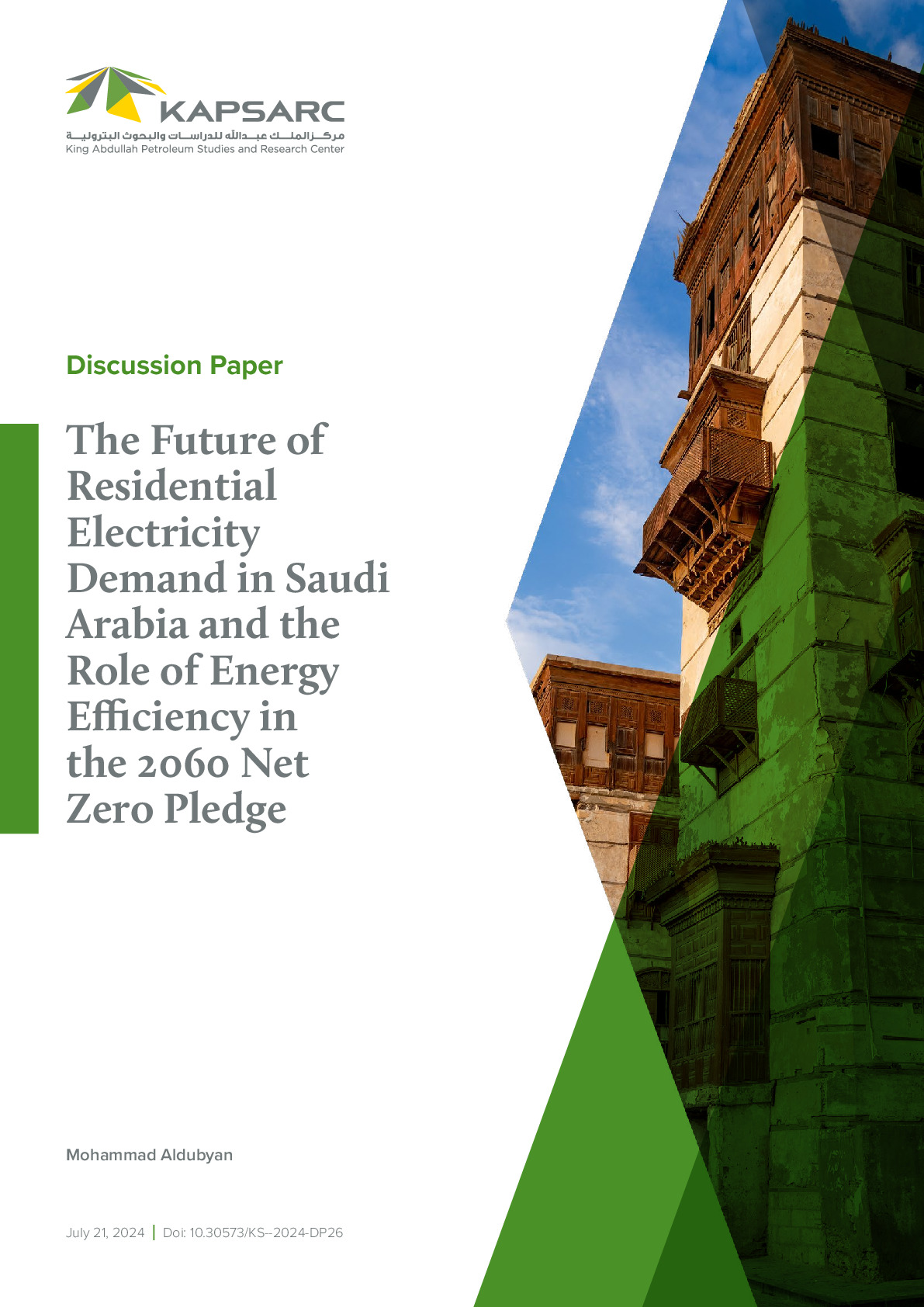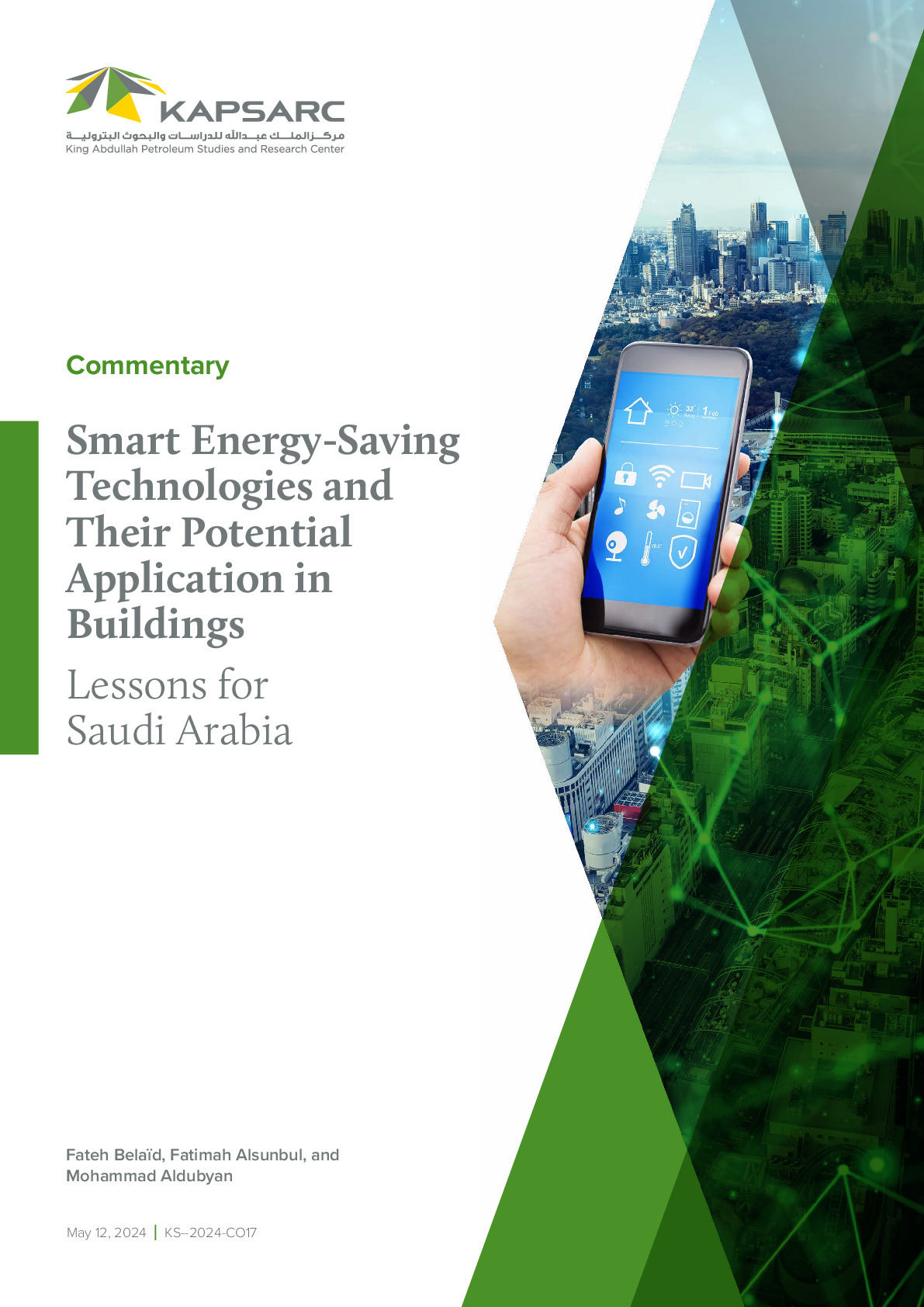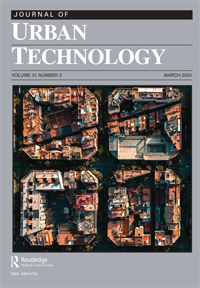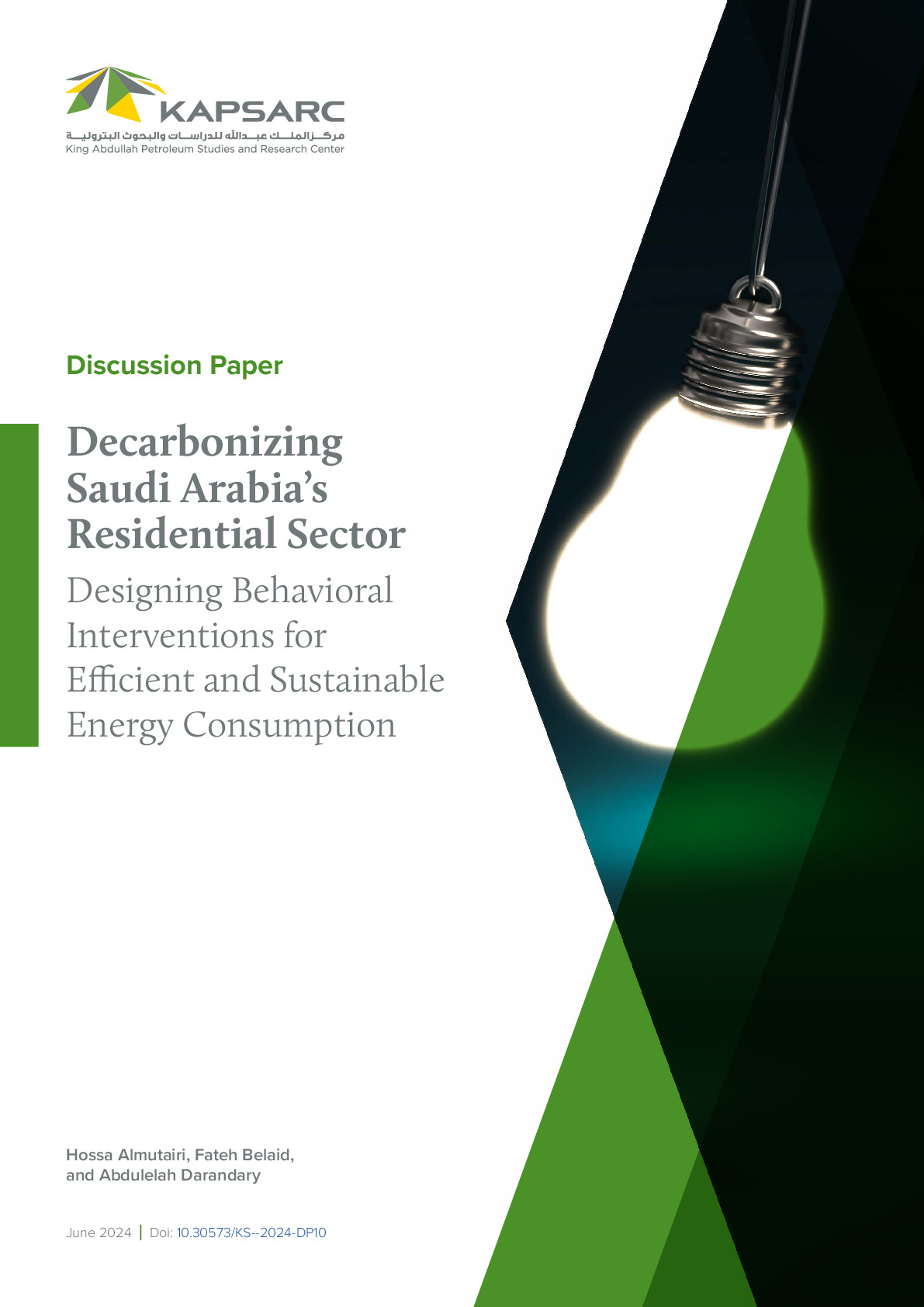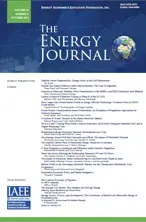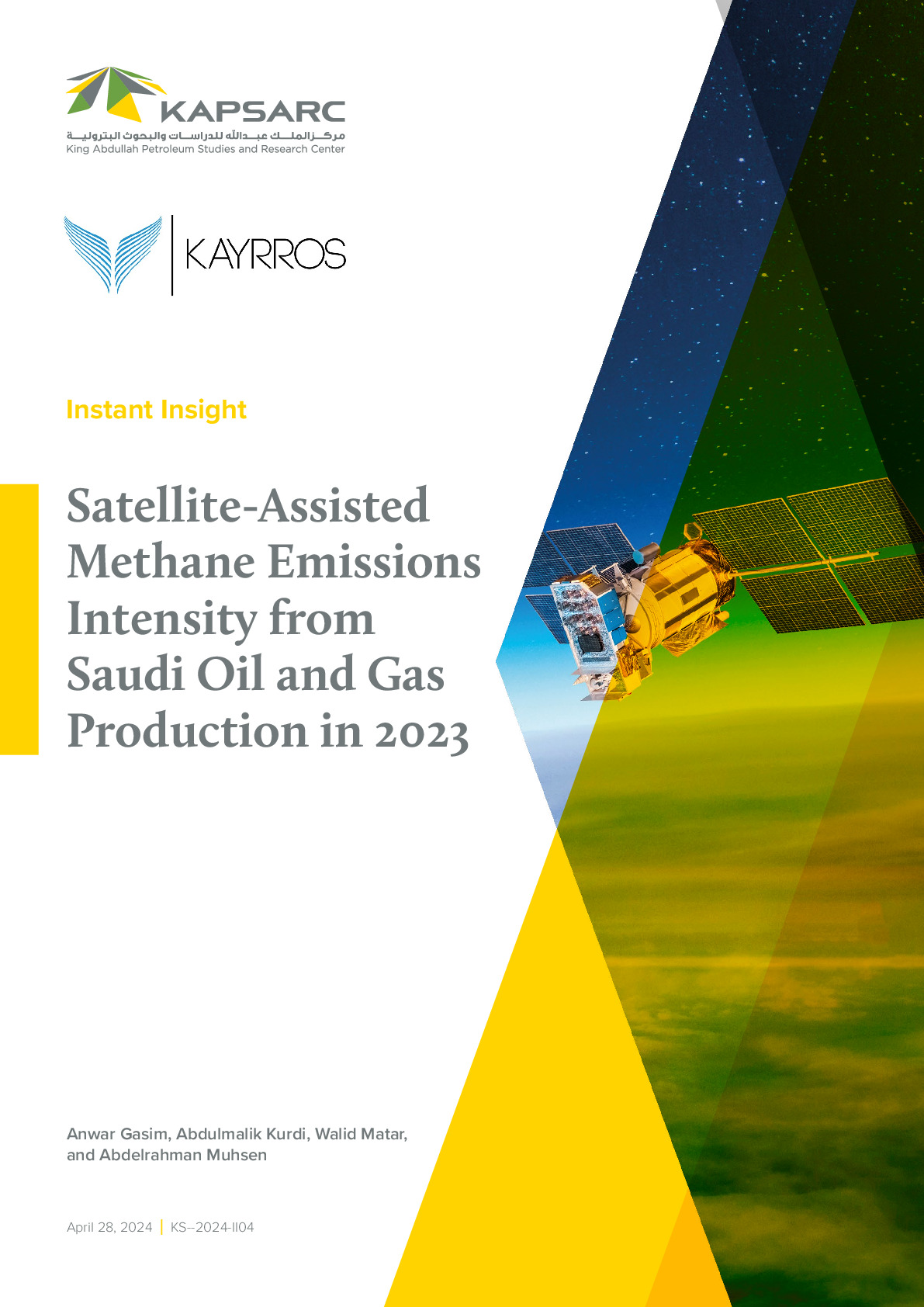A Bird’s-Eye View of the Rebound Effect
Although the rebound effect phenomenon has sparked heightened policy and academic debate in recent years, the topic is not new. The concept of rebound – and its extreme form, “backfire”, where energy efficiency leads to higher energy consumption – emerged in the work of 19th-century economist Stanley Jevons (Jevons, 1865). Jevons, in his book The Coal Question (1865), postulated that energy consumption would increase with increasing industrial efficiency as individuals produce and consume more goods.


